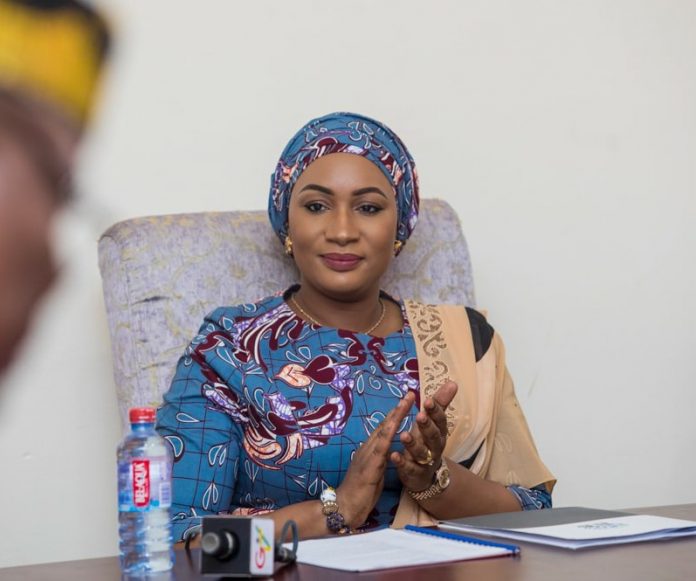|
Getting your Trinity Audio player ready...
|
The Second Lady of Ghana and a Health and Energy Champion for the Global Health and Energy Platform of Action (HEPA), Samira Bawumia, has called on stakeholders to increase engagements and strengthen partnerships in order to improve access to clean energy around the world.
She made this call on Wednesday 9 June 2021 at the high-level Health and Energy Coalition’s first virtual meeting, convened by the World Health Organization’s (WHO) Director-General, Dr Tedros Ghebreyesus.
The coalition is made up of leaders from selected international organisations, high-level health and energy champions as well as government leaders supporting HEPA which was launched by the WHO in May 2019 to work towards achieving SDGs 3 and 7 on health and energy, with a focus on cleaning cooking.
In her remarks, Bawumia who also doubles as a Global Ambassador for the Clean Cooking Alliance, bemoaned the over-emphasis on electricity access as a solution to poor energy access, to the detriment of non-electricity household energy access.
“Clean cooking represents a significant part of the energy access conversation. However, clean cooking has not been given the necessary attention and investments despite its enormous effect across the Sustainable Development Agenda,” she said.
She added: “While 1.3 billion people lack access to electricity, more than double that number-about three billion people still rely on biomass for cooking globally… there is evidence of a correlation between exposure to air pollution caused by cooking with biomass and increased blood pressure in pregnant women, lower birth weight of infants and increased incidence of childhood pneumonia.”
Bawumia argued that by scaling up clean cooking, which delivers on several of the United Nations SDGs, lives would be saved, health of women and children improved, the environment protected and a cleaner, better and safer world secured.
She called for a multi-sectorial collaboration and renewed technical and political cooperation among stakeholders.
On his part, the Director-General of the WHO, Dr Tedros Ghebreyesus presented a strategy road map developed by the WHO to define priority actions; including dramatically increasing public and private investments in electrifying healthcare facilities and in clean cooking; providing the necessary human and financial resources to design and implement energy plans and sustainable deliberate models tailored to the needs of the health sector and households; and develop tailored policies and financing schemes to unlock the potentials of clean and sustainable energy solutions and address health sector needs.
The meeting, which had a representation of Energy and Health Ministers from selected countries, saw Ghana’s Minister for Energy Dr Matthew Opoku-Prempeh, take his turn to outline government of Ghana’s interventions towards the realisation of UN SDGs 3 and 7, which included provision of access to solar energy for Community Health Planning and Services (CHPS) compounds, distribution of one hundred thousand (100,000) solar lanterns to communities which are off the national electricity grid, distribution of one hundred and twenty (120,000) clean cook stoves, among others.
The meeting had high-level participation from the United Nations Development Program (UNDP), United Nations Department of Economic and Social Affairs (UNDESA), United Nations High Commission for Human Rights (OHCHR), the World Bank Group, International Renewable Energy Agency (IRENA), The Rockefeller Foundation, Amref Health Africa and several countries across the world.
Source: Daily Mail GH





